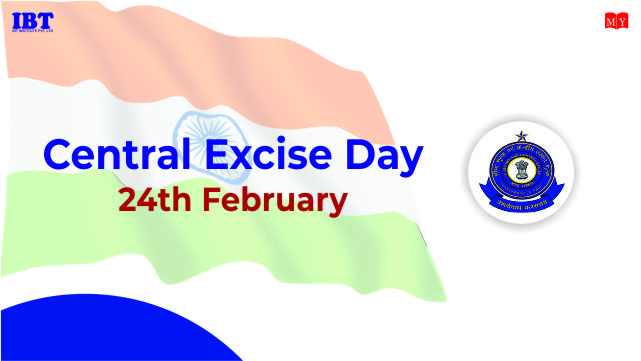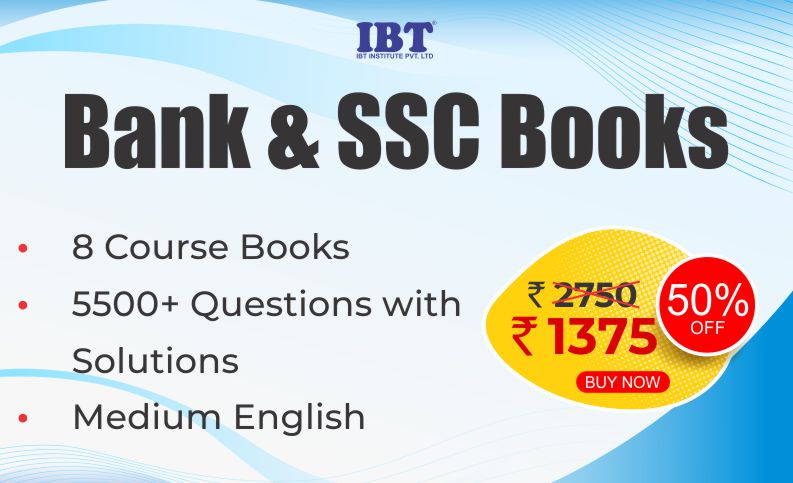Central Excise Day: 24th February

Central Excise Day: 24th February
Central Excise Day is observed annually on 24th February in India to honor the contributions of the Central Board of Indirect Taxes and Customs (CBIC) and its officers. This day marks the importance of central excise laws in the country and recognizes the hard work of excise department officials in preventing tax evasion, ensuring revenue collection, and regulating the manufacturing sector. Central Excise Day is a tribute to the unsung heroes of taxation and revenue collection who play a crucial role in India's economic development. As India moves forward with its modern taxation system, the significance of excise laws and officials remains critical in ensuring transparency, efficiency, and fairness in tax administration.
History and Significance
The Central Excise Act was enacted on 24th February 1944, laying the foundation for a well-structured taxation system on goods manufactured within India. Over time, the excise system evolved, eventually merging with the Goods and Services Tax (GST) in 2017. Despite this shift, Central Excise Day continues to be observed to acknowledge the efforts of tax officials in upholding the nation’s fiscal policies.
The Central Excise Act was enacted on 24th February 1944, laying the foundation for a well-structured taxation system on goods manufactured within India. Over time, the excise system evolved, eventually merging with the Goods and Services Tax (GST) in 2017. Despite this shift, Central Excise Day continues to be observed to acknowledge the efforts of tax officials in upholding the nation’s fiscal policies.
Objectives of Central Excise Day
Recognizing Officials – To honor the dedication and service of CBIC officers in implementing tax policies efficiently.
Raising Awareness – To educate businesses and the public about excise laws, duties, and their impact on the economy.
Encouraging Compliance – To promote voluntary compliance among manufacturers and taxpayers.
Preventing Tax Evasion – To highlight the role of excise officers in curbing tax evasion and illicit trade.
Role of Central Excise in India
Before GST was implemented, central excise duty was a major source of revenue for the Indian government. It applied to the production and sale of goods such as petroleum, tobacco, and alcohol. Even after GST, certain products like petroleum, alcohol, and tobacco remain under excise duty, making the role of excise officials still relevant.
Recognizing Officials – To honor the dedication and service of CBIC officers in implementing tax policies efficiently.
Raising Awareness – To educate businesses and the public about excise laws, duties, and their impact on the economy.
Encouraging Compliance – To promote voluntary compliance among manufacturers and taxpayers.
Preventing Tax Evasion – To highlight the role of excise officers in curbing tax evasion and illicit trade.
Role of Central Excise in India
Before GST was implemented, central excise duty was a major source of revenue for the Indian government. It applied to the production and sale of goods such as petroleum, tobacco, and alcohol. Even after GST, certain products like petroleum, alcohol, and tobacco remain under excise duty, making the role of excise officials still relevant.
Celebrations and Activities
On this occasion, various events and activities are organized by CBIC across the country:
On this occasion, various events and activities are organized by CBIC across the country:
- Seminars & Workshops – To educate industry representatives and citizens about tax reforms.
- Awards & Recognitions – Excise officials and employees are honored for their contributions.
- Awareness Campaigns – Government bodies conduct programs to spread awareness about tax laws and compliance.
1 like |
0 comment
 4.5/5
4.5/5








